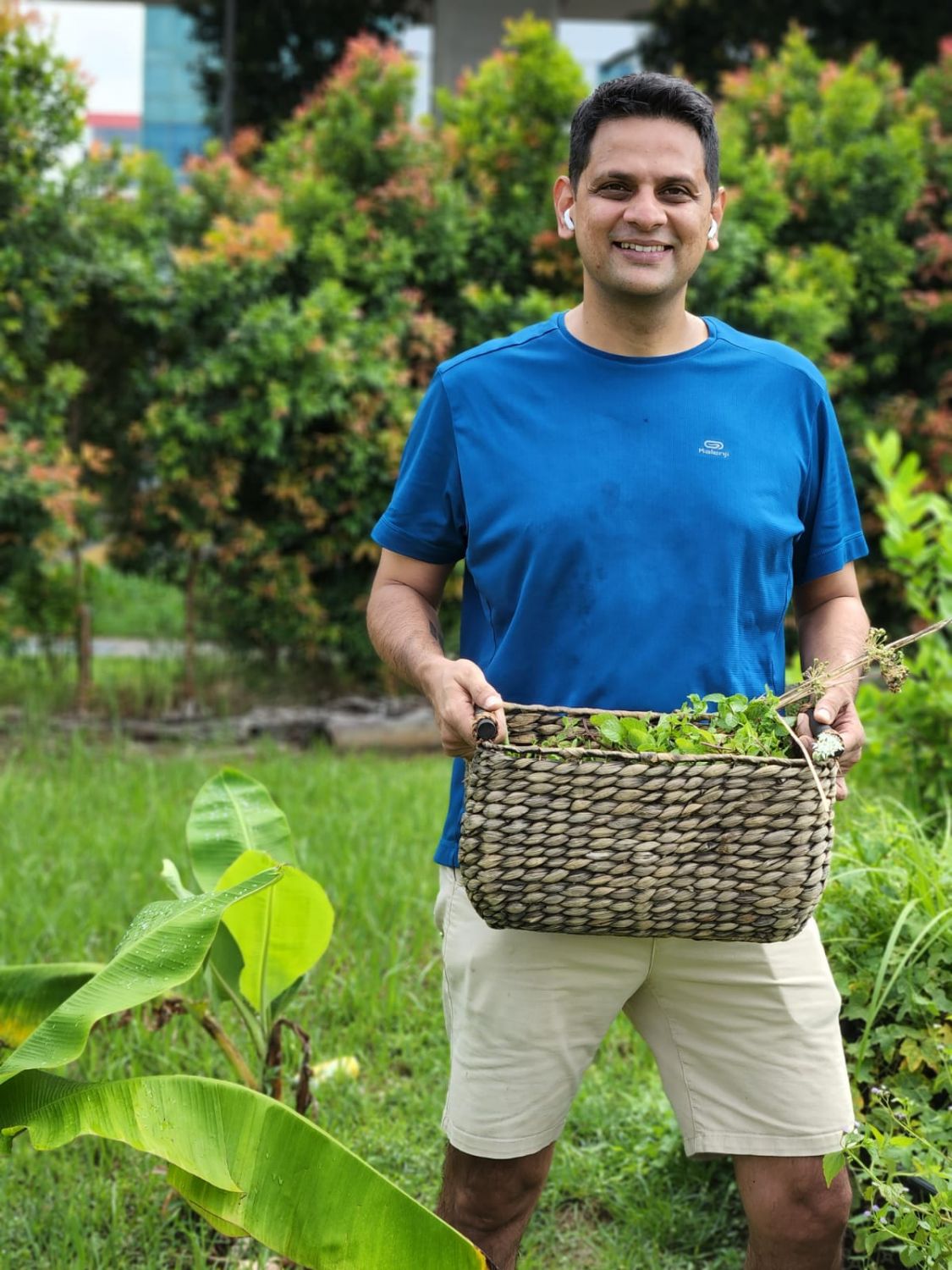From finding his own home on PropertyGuru to leading the company to incredible heights, here's how Hari Krishnan changed the way homeowners buy and rent forever
How I’m Making It is a weekly series in which Tatler speaks to influential individuals about their unique journeys and what keeps them going.
When Hari Krishnan, the chief executive officer and managing director of PropertyGuru, first met co-founder Jani Rautiainen in 2005, he had no idea that the friendship would end up not only redirecting his career path but also reshaping the way an entire generation of people would look for homes to rent and buy.
15 years later and with six years at the helm, Hari has seen the company successfully list on the New York Stock Exchange and welcome over 40 million property seekers monthly with around three and a half million real estate listings across its property marketplaces in Singapore, Malaysia, Thailand, Vietnam, and Indonesia.
Don’t miss: How I’m Making It: How Reuben Chua Went From Banking to Bringing Yunnan Cuisine to Singapore
“I started out with an Electronics and Telecommunications engineering degree from the University of Mumbai. I also studied Telecommunications at the University of Colorado, Boulder and got an MBA at Insead,” shared Hari. “While property was never on my mind, when I think back, I realise that I have always been drawn to emerging fields and the potent power of technology to solve real-world problems.”
It was at Insead that Hari met Rautiainen, a classmate and one of the co-founders of PropertyGuru. While the two went down their separate paths upon graduating, they reconnected in 2015. “At that point, PropertyGuru was already in existence and we began talking about how we could leverage technology to push the company even further,” Hari shared.
Just a year later, in 2016, Hari decided to join PropertyGuru and to see how his background in technology could come in to solve the difficulties faced by homeowners and renters.


